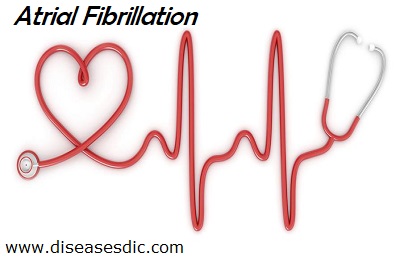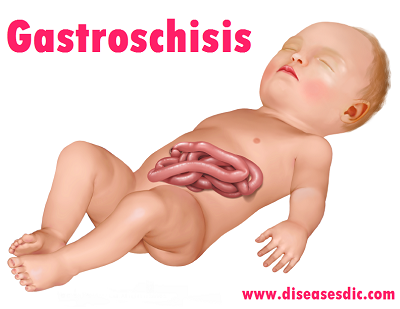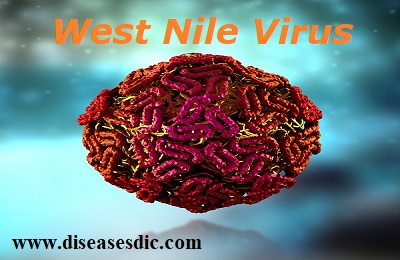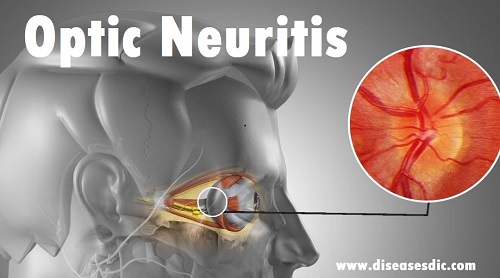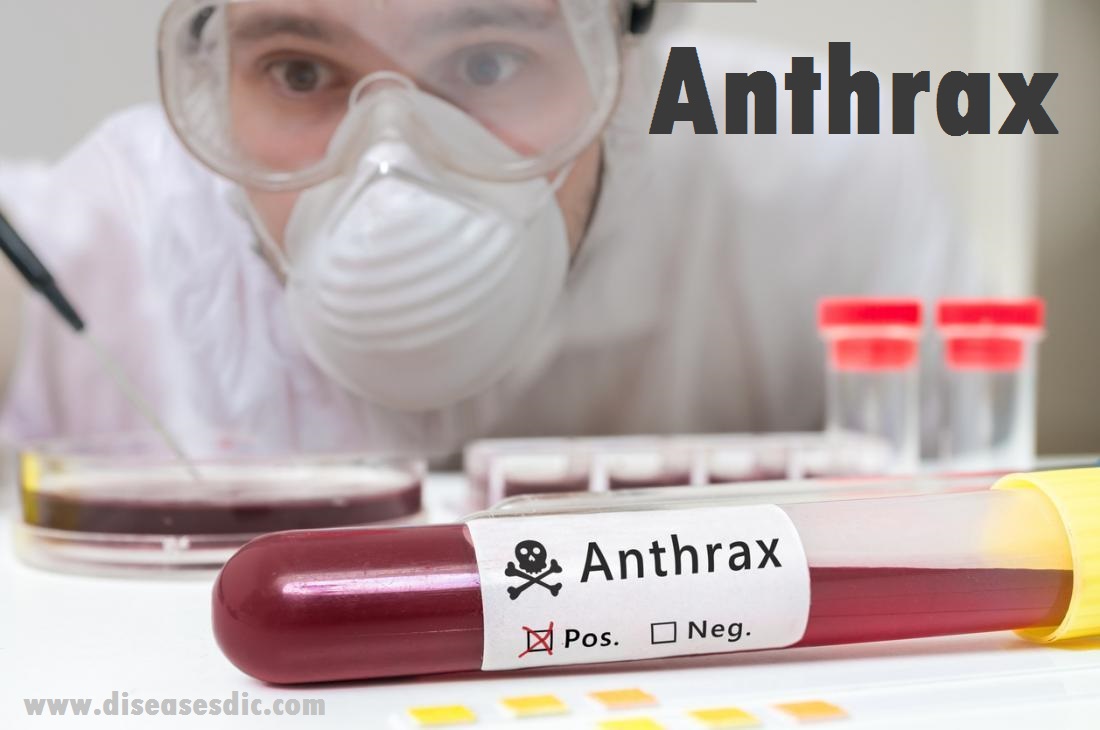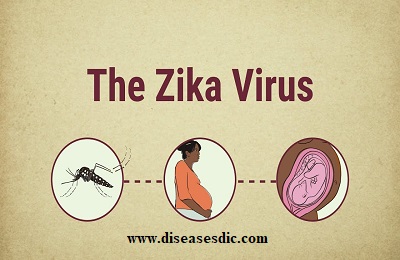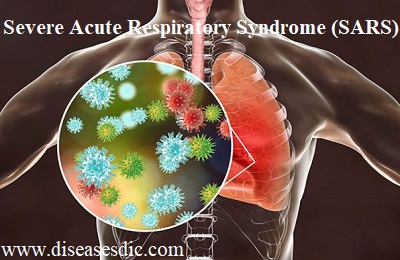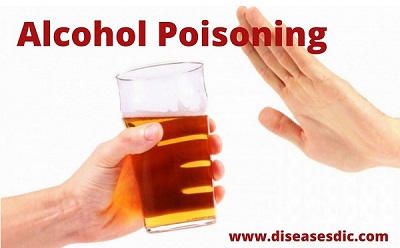Description – Atrial Fibrillation Atrial fibrillation is an irregular and often rapid heart rate that can increase your risk of strokes, heart failure, and other heart-related complications. During atrial fibrillation, the heart’s two upper chambers (the atria) beat chaotically and irregularly — out of coordination with the two lower chambers …
Read More »Gastroschisis- Overview, Diagnosis and Treatment
Definition Gastroschisis is a relatively uncommon condition that occurs in approximately 1 in 5,000 live births. It is one of a group of birth defects known as abdominal wall defects, which occur very early in gestation and are characterized by an opening in the abdominal wall of the fetus. Most …
Read More »West Nile Virus – Definition, Symptoms, and Prevention.
Overview – West Nile Virus West Nile Virus (WNV) is an infectious disease that first appeared in the United States in 1999. Infected mosquitoes spread the virus that causes it. People who get WNV usually have no symptoms or mild symptoms. The symptoms include fever, headache, body aches, skin rash, …
Read More »Optic neuritis- Causes, Diagnosis and Management
Definition Optic neuritis is the inflammation of the optic nerve (the second cranial nerve). The inflammation causes a fairly rapid loss of vision in the affected eye, a new blind spot (a scotoma, usually in or near the center of the visual field), pain in the eyeball (often occurring with …
Read More »Anthrax – Causes, Dangers, Treatment, and Prevention
Definition Anthrax, also called malignant pustule or woolsorters disease, acute, infectious, febrile disease of animals and humans caused by Bacillus anthracis, a bacterium that under certain conditions forms highly resistant spores capable of persisting and retaining their virulence for many years. Although it is most commonly affects grazing animals such …
Read More »Zika Virus – Risk Factors, Symptoms, and Prevention.
What is the Zika Virus? Zika virus is similar to dengue fever, yellow fever, and West Nile virus. Carried by infected Aedes aegypti mosquitos, Zika is largely transmitted through bites, but can also occur through intrauterine infection. If a woman is bitten by an infected mosquito and becomes infected, Zika …
Read More »Severe Acute Respiratory Syndrome (SARS) – Causes and Prevention
Overview – Severe acute respiratory syndrome Severe acute respiratory syndrome (SARS) is an infectious condition that can cause serious respiratory illness and sometimes death. SARS became a concern in 2003 when an outbreak that began in China spread worldwide causing a global epidemic. The disease was contained and there have …
Read More »Alcohol Poisoning- Causes, Prevention, and Treatment.
Definition Alcohol poisoning can occur when a person drinks large quantities of alcohol, including beer, wine, and liquor, in a relatively short time. As the amount of alcohol in the bloodstream increases, the liver can’t break down the alcohol and remove its toxins from the blood quickly enough. The excess …
Read More » Diseases Treatments Dictionary This is complete solution to read all diseases treatments Which covers Prevention, Causes, Symptoms, Medical Terms, Drugs, Prescription, Natural Remedies with cures and Treatments. Most of the common diseases were listed in names, split with categories.
Diseases Treatments Dictionary This is complete solution to read all diseases treatments Which covers Prevention, Causes, Symptoms, Medical Terms, Drugs, Prescription, Natural Remedies with cures and Treatments. Most of the common diseases were listed in names, split with categories.
